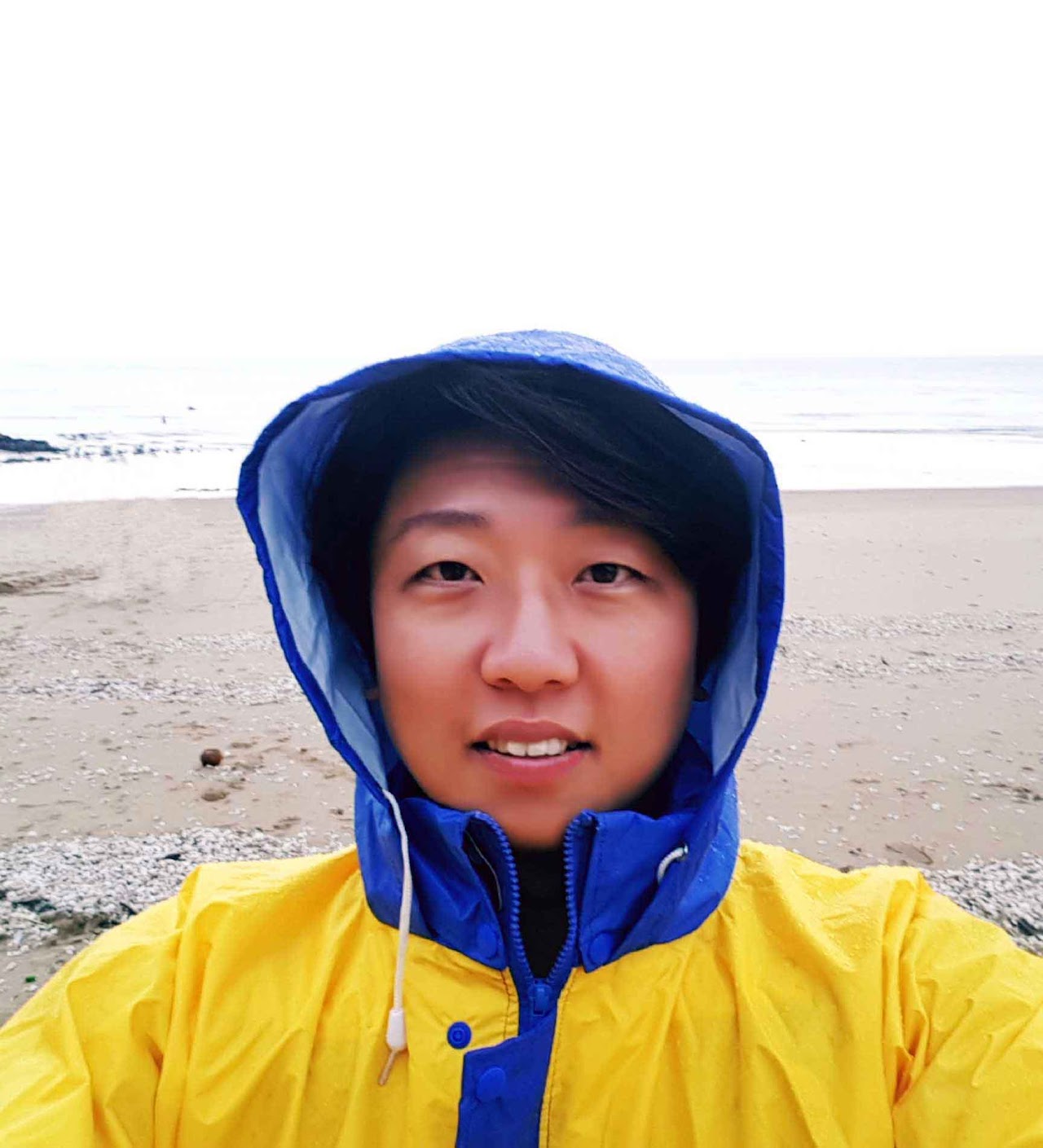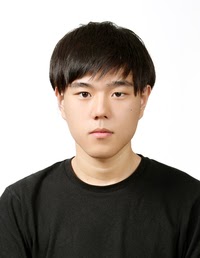Incheon National University, Department of Marine Science — Researcher Seong‑Deok Do, first discovery of the effects of short‑chain chlorinated paraffins on the nervous systems of marine fish.
- 글번호
- 409427
- 작성일
- 2025-07-22
- 수정일
- 2025-07-22
- 작성자
- 홍보팀 (032-835-9490)
- 조회수
- 249


Professor Jae‑Seong Lee and master's student Seong‑Deok Do
Incheon National University announced on the 4th that a paper by Seong-Deok Do, a master's student in the Department of Marine Science (advisor: Professor Jae-Seong Lee), on the evaluation of the effects of short-chain chlorinated paraffins on marine fish, has been published in a top-tier international journal in the field of environmental science.
Seong-Deok Do conducted a comprehensive assessment of the effects of short-chain chlorinated paraffins—widely used in industries as flame retardants and plastic additives—on marine medaka, and discovered that short-chain chlorinated paraffins cause significant neurotoxicity in marine fish.
Seong-Deok Do stated, “Despite strict regulations, short-chain chlorinated paraffins are still widely detected across global oceans due to their essential use, and they are also being found in marine organisms that end up on dining tables,” and added, “Since the effects of short-chain chlorinated paraffins on marine vertebrates have not been identified at all, risk assessment is very important, and this was the first study to reveal the previously unknown toxic mechanisms and fundamental causes.”
The information provided by this study on the toxicity and mechanisms of action of short-chain chlorinated paraffins in fish is expected to serve as important scientific evidence for the establishment of future effective management strategies and regulatory measures.
The research findings were published in “Journal of Hazardous Materials (IF: 12.2),” an Elsevier journal ranked in the top 3% of the environmental science field according to the Journal Citation Reports (JCR).
This study was led through the project “Development of Management Technologies for Persistent Organic Pollutants (POPs) in the Marine Environment,” implemented by the Korea Institute of Marine Science & Technology Promotion and commissioned by the Ministry of Oceans and Fisheries.

Graphical abstract

